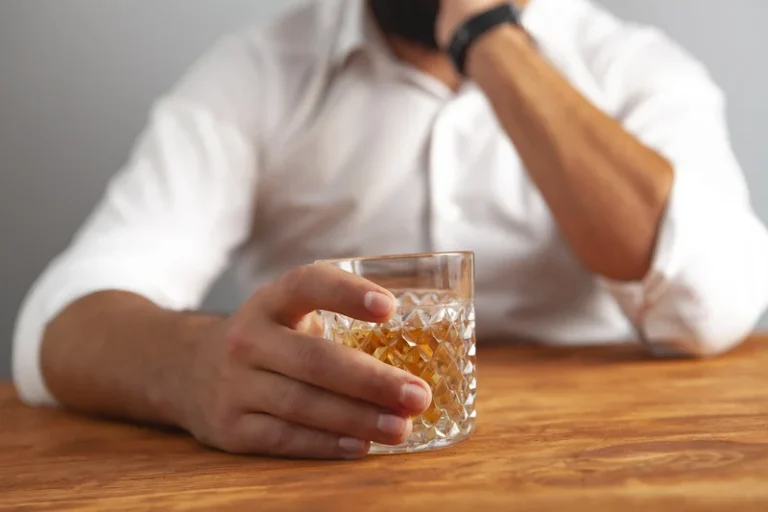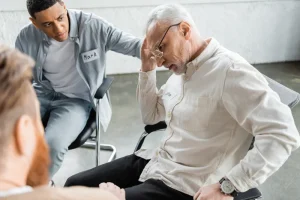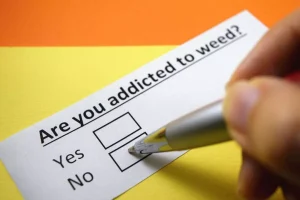
I’ve been seeing my therapist in person, but I’ve heard great things about virtual therapy. There are many more interventions that may be used to help you recover from substance misuse. As previously mentioned, no one treatment is effective for being sober around drinkers all people. It’s one thing to recognize a need for getting sober; it’s entirely another to actually do it. Sobriety is often understood as the state of not being intoxicated, but its definition can vary significantly from person to person.
Stay Cool and Calm

Whether you’re a teenager or an adult, its important to communicate with your family – especially your parents. Reconnect with friends and loved ones who may have distanced themselves. Don’t fool yourself into thinking you can moderate your alcohol intake.
Create Goals
Never disregard professionally licensed psychological or medical advice. Do not delay seeking professional advice or mental health treatment because of something you have read about on Sober Healing. During the initial stages of recovery, I recommend staying off of social media. I stayed off of mine for several months in rehab.
- I set goal after goal, and with each one, I felt my sense of purpose grow.
- Social media projects a false narrative and is damaging to your mental health.
- Self-control and moderation highlight the practical and ongoing efforts involved in maintaining sobriety.
- However, having faith makes the good things that happen to you extraordinary.
Stay Out of Risky Situations

Emotional changes are also major warning signs for relapse. You may find your friends more irritating than usual or you may be quick to anger. Overreacting to minor issues is the textbook example of these emotional shifts.

Imagine how your friend and family will feel and how it will effect your day the next day. Walk through your day-in-the-life scenario and imagine what it looks like to have lost your sobriety and goals. Imagine the conversations you’ll have with friends on why you did it. Imagine another stint at another rehab center…
Feeling guilty or ashamed of past behavior or actions during active addiction is natural and healthy. Lasting recovery requires lasting effort, but relapse is not failure or weakness; it takes more than willpower to maintain sobriety. This article discusses the meaning of sobriety and arms you with information and strategies to smooth—and stay on—your path to wellness.
Avoid Old Habits and Toxic Relationships
However, a licensed professional is the only one authorized to give mental health diagnoses and suggest treatments. Before seeing a therapist, my physician prescribed a few different antidepressants, but none of them worked. It wasn’t until I saw a therapist that I received homework that determined what mental health condition I had. So that I could receive proper treatment, if I hadn’t seen a therapist, I would remain undiagnosed and not adequately treated.
- It’s about nurturing your physical health, developing emotional resilience, and fostering connections with others who support your sobriety.
- What people fail to understand about recovery until they go through it is that the whole process is uncomfortable because it’s the unknown.
- It’s important to develop a structured daily and weekly schedule and stick to it.
- To avoid relapse and remain sober, it’s important to develop healthy relationships.
Step 6: Build Support for Recovery

It also helps to know that a trigger is a temporary experience that will pass if you wait it out. The cravings your trigger brings will weaken with time, and as you continue your journey to sobriety, you’ll evolve to a point where a trigger does not affect you. https://ecosoberhouse.com/ Sobriety also offers an opportunity to strengthen bonds with loved ones. Addiction often strains relationships, causing hurt and mistrust. By committing to sobriety, you’re not only working towards healing yourself but also mending these strained connections.
Build a Support Network
- Often, they have “good” or “valid” excuses for self-isolating, but the behavior worsens as they become more lonely.
- In addition, having a support network once treatment is over can ease the transition from rehab back to daily living.
- One common mistake for those who are new to alcohol and drug recovery is substituting a new compulsive behavior for their old one.
The best way forward for your recovery from alcohol or substance use is to incorporate a wide variety of strategies that will help foster success. Remember to care for yourself, seek supportive relationships, and consider seeking help from a therapist. One common mistake for those who are new to alcohol and drug recovery is substituting a new compulsive behavior for their old one.









